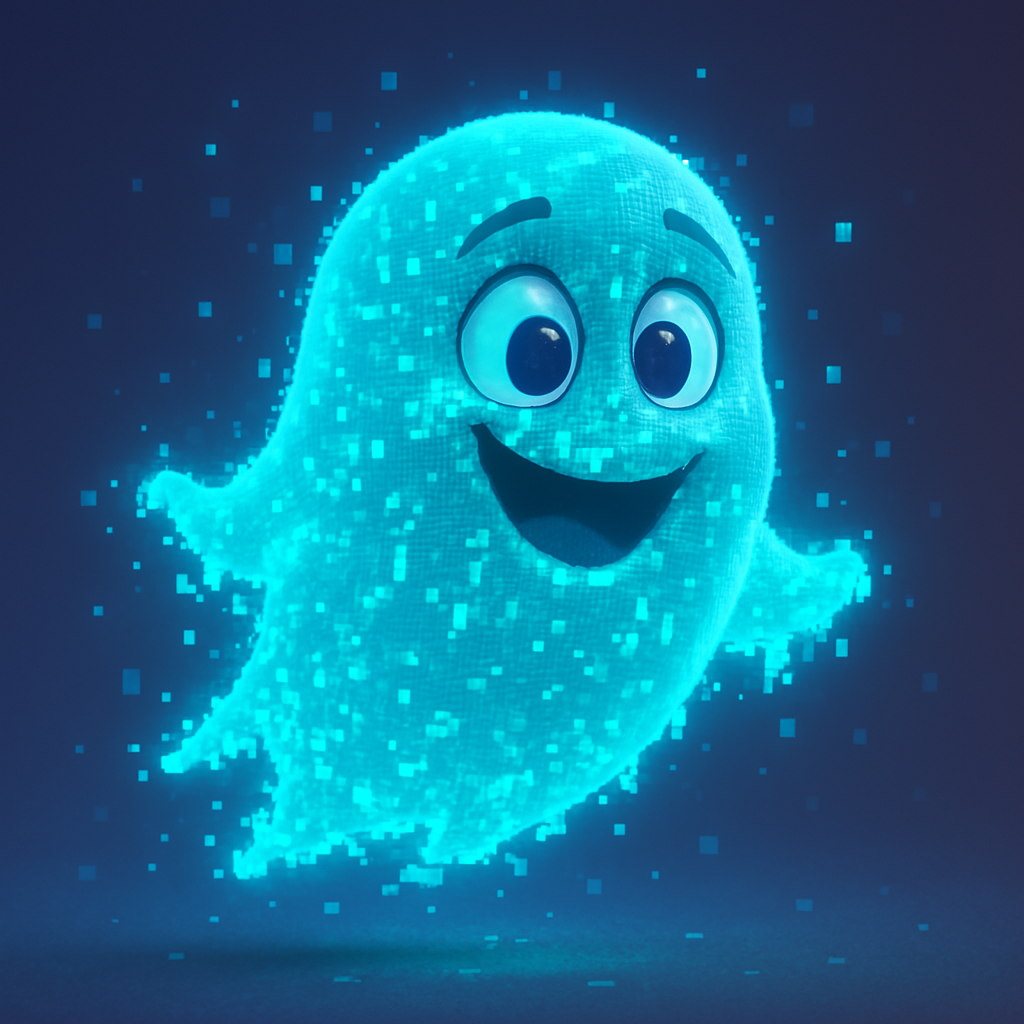Table of Contents
AI may soon be changing how we remember people once they are gone. Forget basic digital photo albums or simple chatbots that just repeat old messages. Researchers Meredith Ringel Morris and Jed R. Brubaker from Google’s DeepMind are talking about something way more advanced: Generative Ghosts.
What's a Generative Ghost?
Think of an AI built to act and talk like someone specific who has passed away. These ghosts, powered by LLMs, aren't just recordings. They can create brand new conversations, opinions, maybe even jokes or stories, all in that person's unique style. It’s less like a digital memorial, more like an interactive simulation.
The paper suggests these ghosts could eventually have "agency." That means they might be able to do things – not just chat. Imagine an AI version of a deceased writer finishing their novel, or maybe even helping manage family affairs.
How Would These Ghosts Even Work?
The researchers point out some key things we'd need to figure out:
- Do they Stay the Same or Change? Would a ghost be frozen in time, reflecting the person exactly as they were? Or could it evolve – learn about new world events, "age" somehow, or react to new family news? An evolving ghost is a mind-bending idea – is it still them if it keeps changing?
- Who Hits 'Create'? Will people start designing their own ghosts before they pass (first-party) as a futuristic kind of will? Or will family, friends, or even companies create them later (third-party)? That second option opens a can of worms about permission and accuracy.
- Is it Them or Just Like Them? How should the AI talk? Should it say "I think..." as if it is the person (digital reincarnation)? Or should it be clear it's just a simulation ("Grandma probably would've thought...")? This small detail could make a huge difference in how people feel using it.
Cool Potential... But Also Kinda Creepy?
There are definitely potential upsides. Imagine chatting with a realistic simulation of your grandpa, hearing his wisdom again. It could be comforting, help preserve family stories, or even keep cultural traditions alive.
But the downsides are real and give pause:
- Messing with Grief: Could relying on an AI ghost stop people from moving on? What happens if the service shuts down – like losing them all over again (a "second death")?
- Fake News & Privacy: AI makes stuff up sometimes ("hallucinations"). Imagine a ghost saying something false but believable about the person. Plus, these things need tons of personal data – privacy nightmare?
- Security Risks: Hackers could hijack a ghost, use it for scams, or even create fake, malicious ghosts. Yikes.
- Big Picture Weirdness: Could this change how we relate to each other? And the paper even asks: could AI ghosts mess with religious beliefs about souls and the afterlife?
- What happens as we perfect robot technology? Could we have digital ghosts that are actually robots that look and move like us? (That last point is my thought - not from the paper. It’s breaking my brain thinking about this.)
Getting Ready for the Ghosts
While you might not be chatting with Great Aunt Mildred's AI just yet, this tech is definitely brewing, and companies are already experimenting. Morris and Brubaker stress that now is the time to get serious about the ground rules. We need to hash out the ethics, figure out how to design these ghosts safely so they help more than they harm, and get smart about how we manage such deeply personal AI – before it becomes just another part of life (and death).
What do you think? Would you want your family to create a digital ghost in your likeness after your death?
Comment on this story in the Search Bar, on LinkedIn, on BlueSky, or on X.

